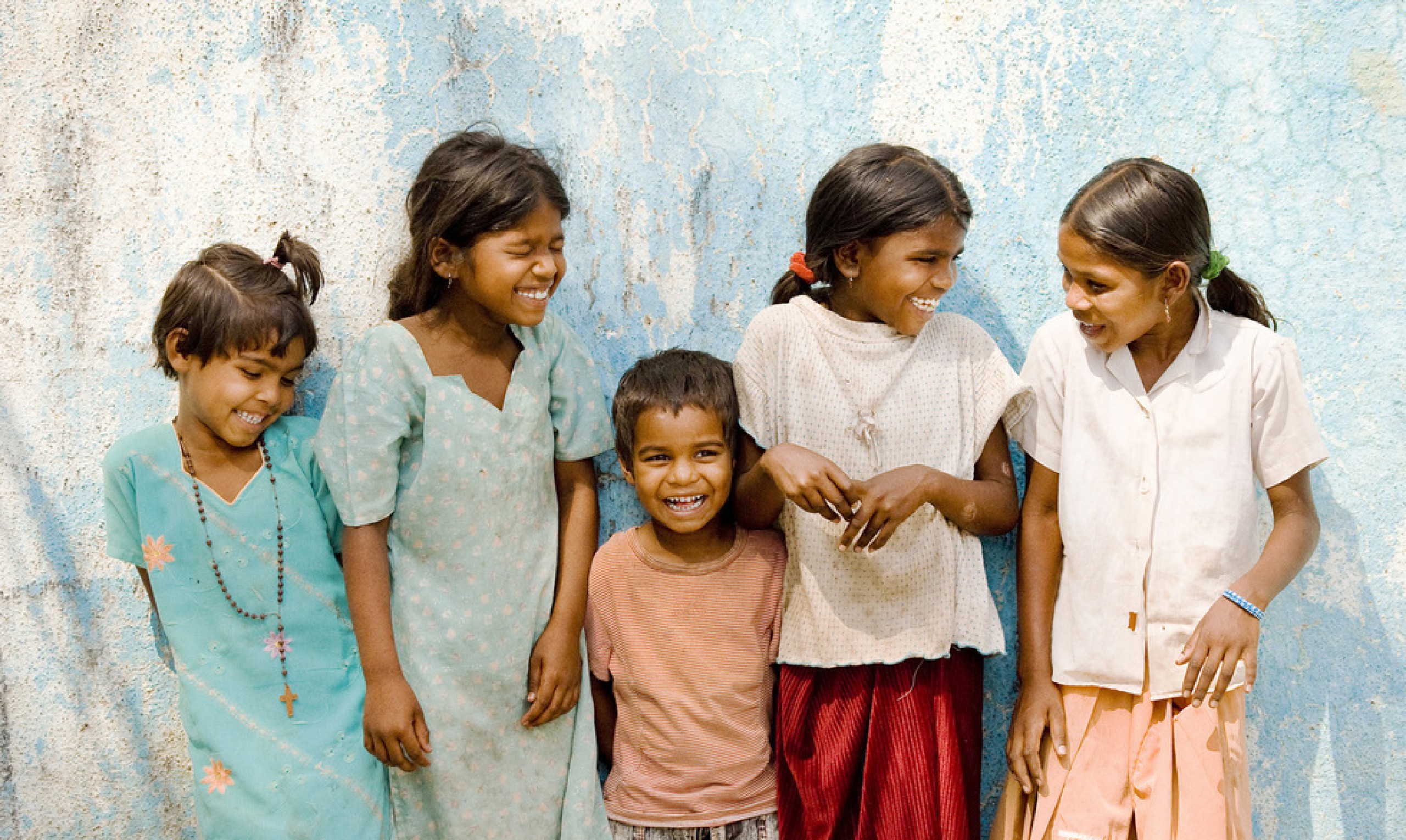Educo is a charity founded in Ireland in 2006 with the aim of educating children in India out of poverty. A fully registered charitable trust in India since 2009, educo India is run by volunteers who oversee seven programmes throughout the country, which in total provide education for some 1,500 underprivileged children.
Even though literacy figures have increased in recent years, India still has the largest number of uneducated children of any country in the world – two-thirds of whom are girls. Just under 40% of the country is illiterate with 37% of all primary school children dropping out before Standard 5. Government reports indicate that some 60 million children between the ages of 6-14 do not attend school at all. Discover more about Educo with our newsletters.
Educo’s 4 key Pillars
![]()
Education is given
through English – to ensure students get the best chance for
economic and social mobility within India.
![]()
Computer
training is actively promoted – to allow the most underprivileged
children leapfrog more privileged students.
![]()
Educo employs its teachers
from the local community and therefore invests back into the
community.
![]()
The female
education gender imbalance is addressed.
How can I help Educo ?

Educo Philanthropic Fund aims to always comply with the 7 Principles of the Dochas Code of Conduct on Images and Messages.
These are:
- Choose images and related messages based on values of respect, equality, solidarity and justice;
- Truthfully represent any image or depicted situation both in its immediate and in its wider context so as to improve public understanding of the realities and complexities of development;
- Avoid images and messages that potentially stereotype, sensationalise or discriminate against people, situations or places;
- Use images, messages and case studies with the full understanding, participation and permission of the subjects (or subjects’ parents/guardian);
- Ensure those whose situation is being represented have the opportunity to communicate their stories themselves;
- Establish and record whether the subjects wish to be named or identifiable and always act accordingly;
- Conform to the highest standards in relation to human rights and protection of the vulnerable people.

